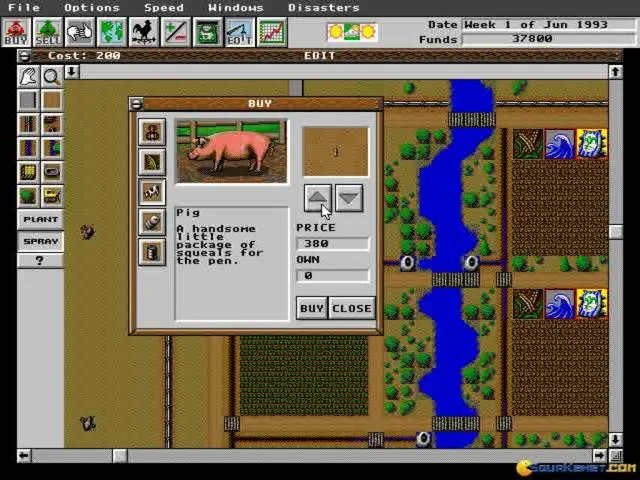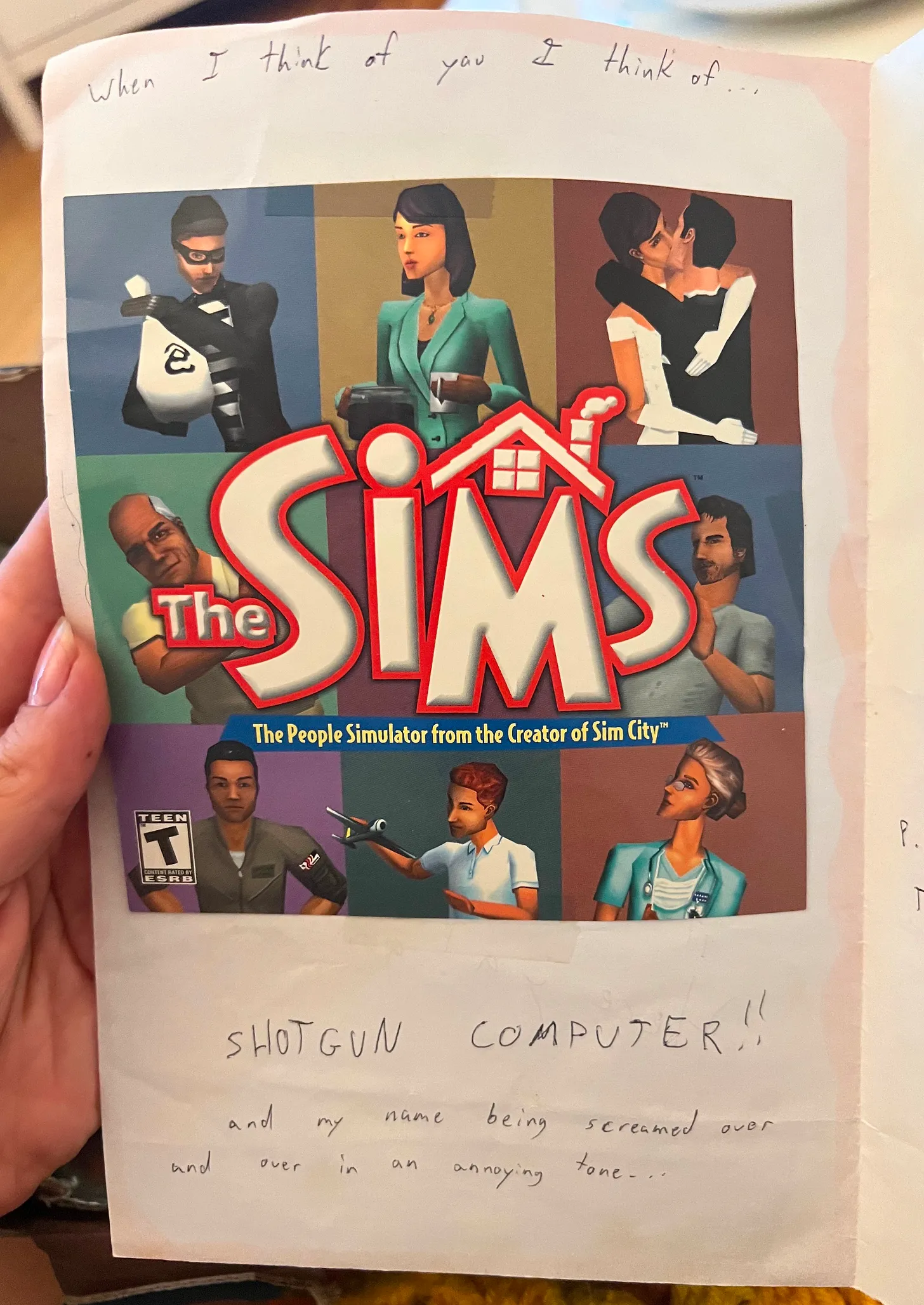More piggies, better systems.
How my grandmother taught me about governance before I even knew the word
(Editor's Note: This post was originally published on July 8, 2025. As I migrate my work to this new platform, I've updated it to better reflect my current frameworks and sharpened my thinking from the original piece. The core ideas remain the same.)

One of my family’s favorite stories is toddler-me on my grandmother’s lap while she played Sim Farm, yelling at the screen: “More piggies! More piggies!”
That was my first simulation game. My grandmother tended digital crops with the same attention she gave her real garden. She explained why the corn wasn’t growing, why the pigs needed better housing, how everything had to work together. It was all about care and tending, making sure things could thrive.
But not all the games I played were about that.
My brother taught me chess. I watched my grandad expand empires in Civilization. Later I discovered Heroes of Might and Magic. Those games were about conquest, competition, staying one move ahead.
And then came The Sims.
For my 10th birthday, my brother (probably just tired of my begging) bought me my first copy.

The Sims wasn’t about domination. It was about fulfillment. Did your characters feel connected? Did their homes work for their lives? Did their relationships make them better, or burn them out?
That mindset stuck. Empire games taught me to think ahead. The Sims taught me to care about what happens after.
And the older I get, the more I realize most leadership challenges aren’t chess problems. They’re more like Sims neighbourhoods: messy, human, interconnected.
In The Sims, if your character spends all their energy chasing promotions, their relationships tank. If the house looks beautiful but functions poorly, everyone trips over each other making breakfast. Sound familiar?
That’s governance in practice. Not just rules and hierarchies, but how design, relationships, and resources fit together so people can actually flourish.
The companies I work with are asking the same questions:
- What would it look like if everyone in this system could thrive?
- How do we design for life, not just profit?
Most days, I’d still rather build weird, cozy, slightly chaotic little worlds than optimize for domination.
More piggies. Better systems.